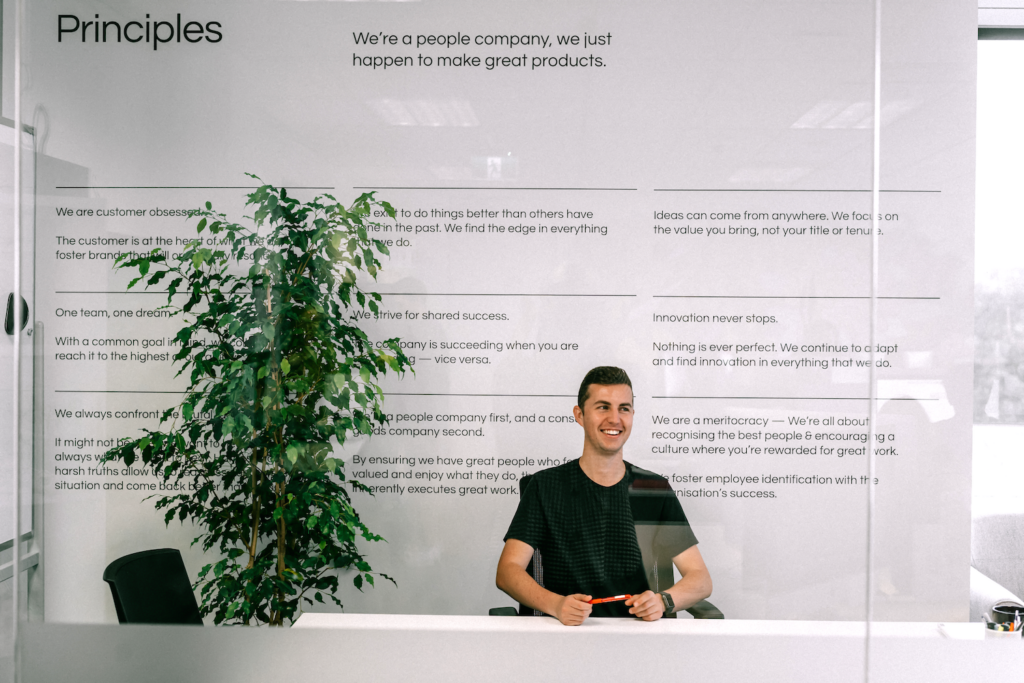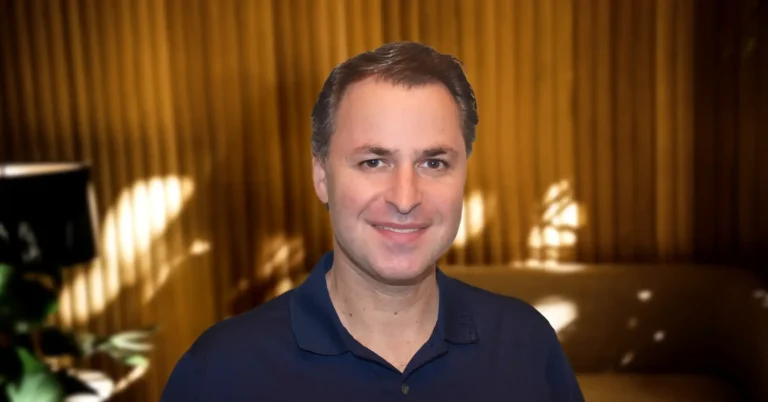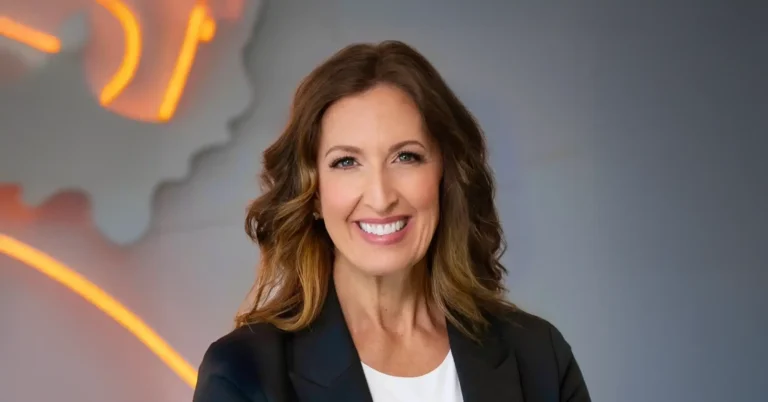

Being a lawyer in an entrepreneurial business, however, turns this model on its head. When Stephen Drysdale, In-House Counsel at ZURU (the multi-billion dollar toy company), joined the company straight out of law school, he was thrown into the deep end. Reporting directly to the CEO and COO, the usual sign offs and ‘hoop jumping’ that most lawyers need from the department to get things done, didn’t exist. As such, things move much more quickly, which Drysdale puts down to the nature of the entrepreneurial family business. “The founders have their teeth into everything, they want to know what’s going on,” he says. They’re across the commercial side of things and they’ll jump on sales calls.”
When working for a business that has a founder involved, their passion and personal investment creates a different sort of work environment – one where the expectation for the capability and enthusiasm of their employees is ever-present. Where a large company run by a board of directors may be primarily concerned with the balance sheet, a founder will care for the continuous quality and improvement of their product or service, and in Zuru’s case being the best and biggest toy company in the world.
What does this mean for the lawyers of an entrepreneurial business? It creates an environment where the in-house team is expected to add value to the wider business. As Drysdale says, it’s “getting involved in the weeds of the business”. The legal team will always have their primary tasks to manage regarding contracts, compliance, and risk, but the founders don’t want to know about that. Rather, they want to see the legal team being proactive, finding ways to add value, save costs or mitigate the risk that isn’t the stock standard legal tasks.
For ZURU, that added value is in intellectual property (IP) protections – the legal team is constantly dealing with the counterfeit of their products. This means actively taking down counterfeit listings off Amazon, seizing counterfeit assets or dealing with counterfeit production. Ultimately saving the company money and market reputation, which is highly valued by the executive team. As Drysdale describes it, “making sure you zone in on the key priorities to the executive level and driving those home, while in the background achieving everything else (standard legal content) that needs to be done.”
Those expectations for value also require proactive individuals. Because entrepreneurial businesses are fast-moving and high-growth, it means process and order aren’t always present. To mitigate risk before it exacerbates into a legal issue, an in-house lawyer can’t wait for work to land on their desk. “I go sniffing actual work out,” says Drysdale.”Looking for work and understanding how the business works and where there are risk profile exposures. If you sit in that legal silo, you’re doing a disservice to the business.”
Another unique aspect of being a lawyer in an entrepreneurial business, is the way in which teams operate. Drysdale is based in Auckland, New Zealand, but most of his team are in China, including his 2IC, ZURU’s IP portfolio manager. Being part of an innovative and fast-paced company means harnessing and accepting technology to improve ways of working. ZURU demonstrates this in their early adoption of remote working.
Whilst the Covid-19 pandemic tipped the corporate world on its head, with companies forced to rethink the typical bums-on-seats mandate, smaller and more agile companies had realized the benefits of a remote work environment some time ago. While these benefits ultimately mean more satisfied employees, they also require employees to be on board with embracing technology and working in a digital age. For instance, ZURU uses LawVu to streamline their in-house legal team’s work.
The legal team itself may look different to that in a big corporation. They often operate more laterally and with far more responsibility handed to junior employees. This can be confronting as they don’t have the protection of more senior lawyers to defer to. Drysdale was approached by the founders of ZURU directly during his first week, quickly learning that this was the new normal. These lateral teams also embrace non-typical skill sets in their staff. For example, Drysdale’s 2IC has a degree in translation yet manages the company’s global IP portfolio. She joined the company through the graduate program and moved to legal. Drysdale says: “She’s been a great asset to the team. By considering people with a non-legal background for roles that don’t require a practising certificate you are widening the pool of talent you can hire from. People who have diversity and experience ultimately strengthen the team.”
Bearing in mind the expectations to provide value, to be proactive, embrace technology and to work laterally, an entrepreneurial in-house lawyer needs resilience above all else. Entrepreneurial businesses are on a ride of risk and reward, and they can be chaotic for those along on the journey. “It takes a certain resilience to deal with the amount of crap that’s coming at you all at once, and from multiple directions,” says Drysdale. He wouldn’t change it for the world.


